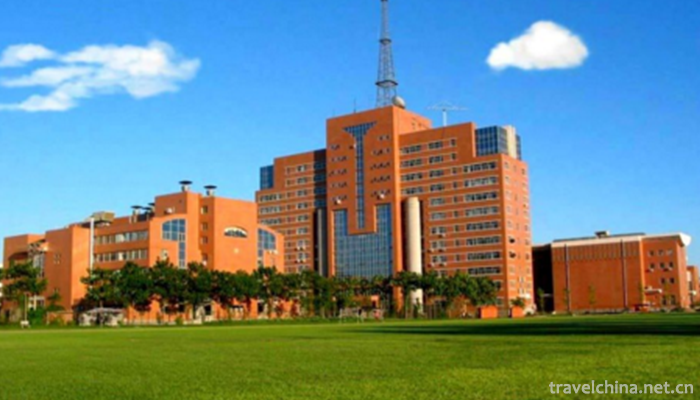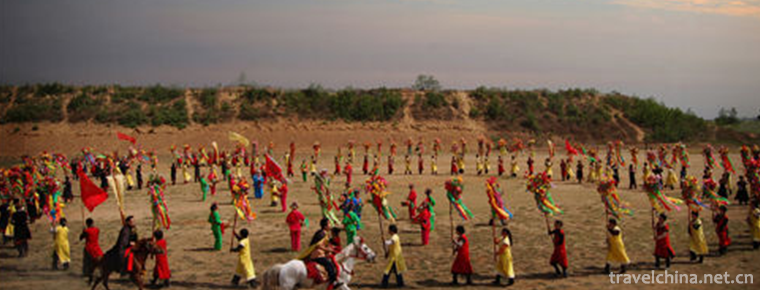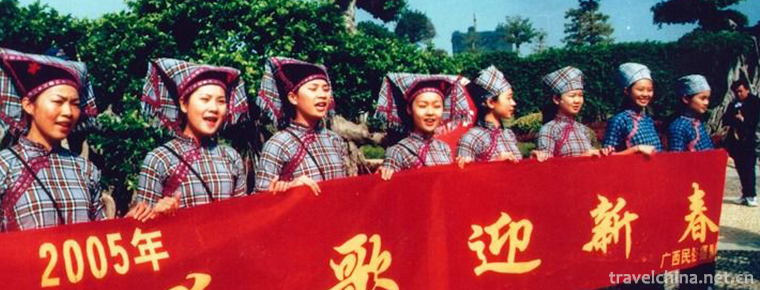Beijing Electronic Science and Technology Institute
Beijing Electronic Science and Technology Institute
Beijing Electronic Science and Technology Institute is a general university which trains specialists in information security and office automation for Party and government organs at all levels. The College belongs to the General Office of the Central Committee of the Communist Party of China.
The predecessor of the Institute was the training course for young cadres of the Central Committee of Labour, which was held in Xibaipo, Pingshan County, Hebei Province in August 1947, and was directly managed by the Central Committee of Labour. In the past 70 years, it has experienced the development periods of Zhangjiakou Military Commission Engineering School, Beijing Electronic College and Beijing Institute of Electronic Science and Technology. The College is located at No. 7 Fufeng Road, Fengtai District, Beijing. There are more than 2000 full-time students.
Since its establishment, the College has always received the cordial care and great attention of the leadership of the Party Central Committee and the General Office of the Central Committee. Comrades Mao Zedong, Deng Xiaoping, Jiang Zemin, Hu Jintao and Xi Jinping wrote inscriptions and encouragement successively. Comrade Jiang Zemin also wrote the name of the college. Qiao Shi, Wen Jiabao, Zeng Qinghong, Wang Gang, Li Zhanshu and other leading comrades of the Central Committee have made many important instructions for the development and construction of the College and have visited the College many times.
With the development of the college, it has become a teaching-oriented general higher education institution, which mainly focuses on work and coordinates the development of science, engineering and management. There are four departments and two teaching departments: Department of Cryptography Science and Technology, Department of Cyberspace Security, Department of Electronic and Communications Engineering, Department of Management, Department of Ideological and Political Theory Teaching and Research and Department of Humanities and Social Sciences Teaching and Research. There are eight undergraduate majors.
The College has one academic master's authorization point for the first-level disciplines of cyberspace security, one professional master's degree authorization point for electronic information categories (including electronic and communication engineering and computer technology), and one academic type for cryptography, information and communication engineering and computer application technology jointly trained with Xi'an University of Electronic Science and Technology. Master's degree and doctoral degree in Cyberspace Security with China University of Science and Technology and Beijing University of Posts and Telecommunications.
The college actively implements the strategy of "strengthening the university with talents", and has a strong teaching and scientific research force. More than 55% of full-time teachers have senior titles and 85% have master's and doctoral degrees. More than 20 teachers enjoy the special allowance of the State Council Government. Many of them have been awarded the titles of "Famous Teachers in Beijing Teaching", "Excellent Teachers in Beijing" and "Young Backbone Teachers in Beijing".
The College has provided a large number of high-quality talents for the Party and the country. Among the alumni, there emerged a number of pacesetters and advanced model figures from all walks of life. More than 50 people had held leading posts at provincial, ministerial, military and state bureaus, and more than 400 people held leading posts at the level of state ministries and departments.


Beijing Electronic Science and Technology Institute
-
Kaiping Diaolou and Villages
In Kaiping city, there are many blockhouses, towns and countryside. There are more than a dozen villages and less than two or three villages. From Shuikou to Lily
Views: 106 Time 2019-01-29 -
Longwan Seaside Scenic Area
Longwan Beach, also known as Longwan Beach Scenic Area, spans Xingcheng City and Longgang District. The total length of the coastline is more than 3000 meters, covering an area of 10.9 square kilomete
Views: 149 Time 2019-02-06 -
Spinach with Eight Delicacies
Babao spinach is a traditional Shandong dish, which belongs to Shandong cuisine. It is rich in color, bright, delicious, light and refreshing. In addition to spinach, Babao spinach is also equipped wi
Views: 206 Time 2019-03-25 -
Anshun land Opera
Anshun Dixi Opera, a local traditional drama in Anshun City, Guizhou Province, is one of the national intangible cultural heritage.
Views: 233 Time 2019-04-01 -
Firing Techniques of Dangyangyu Twisted Tissue Porcelain
Dangyangyu Twisted Tissue Porcelain, a special product of Dangyangyu Village, Xiuwu County, Henan Province, is a product of China's National Geographic Indicators.
Views: 193 Time 2019-04-25 -
Two strands
Erguxian is an ancient traditional opera, which was formed in Song Dynasty and has a history of more than 500 years. The two-strand string is evolved from folk minor,
Views: 297 Time 2019-04-28 -
Running curtain
Running curtain originated in the Spring and Autumn Period and Warring States Period, formed in the Qin and Han Dynasties, flourished in the Song, Yuan, Ming, Qing Dynasty and the early Republic of Ch
Views: 349 Time 2019-06-09 -
Shuixiang Opera
Shuixiang opera is a traditional folk cultural activity in Shaoxing, Zhejiang Province. Waterfront theatres are mostly built on rivers in front of temples such as land temples, so they are called &quo
Views: 188 Time 2019-06-16 -
Firing Techniques of Yaozhou Kiln Ceramics
Yaozhou kiln is a treasure of Chinese traditional ceramic technology. It was created in the Tang Dynasty and matured in the Five Dynasties. It reached its peak in the Song Dynasty and declined gradual
Views: 187 Time 2019-07-11 -
Liao Song of the Zhuang Nationality
Liao Ge of Zhuang Nationality, folk literature of Pingguo County, Guangxi Zhuang Autonomous Region, is one of the national intangible cultural heritage.
Views: 157 Time 2019-08-16 -
Bozhou University
Bozhou College (Bozhou University), for short, is located in Bo Yuan. Anhui Province Bozhou City By the state Ministry of Education Approved full-time full-time undergraduate institutions.
Views: 169 Time 2019-11-08 -
History of Nanchong
In the Northern Song Dynasty (960-1127), there were three states in the territory, which governed 13 counties, such as Nanchong (prefecture), Xichong and Xiangru, which were subordinate to Chengdu Fulu.
Views: 186 Time 2020-12-17











